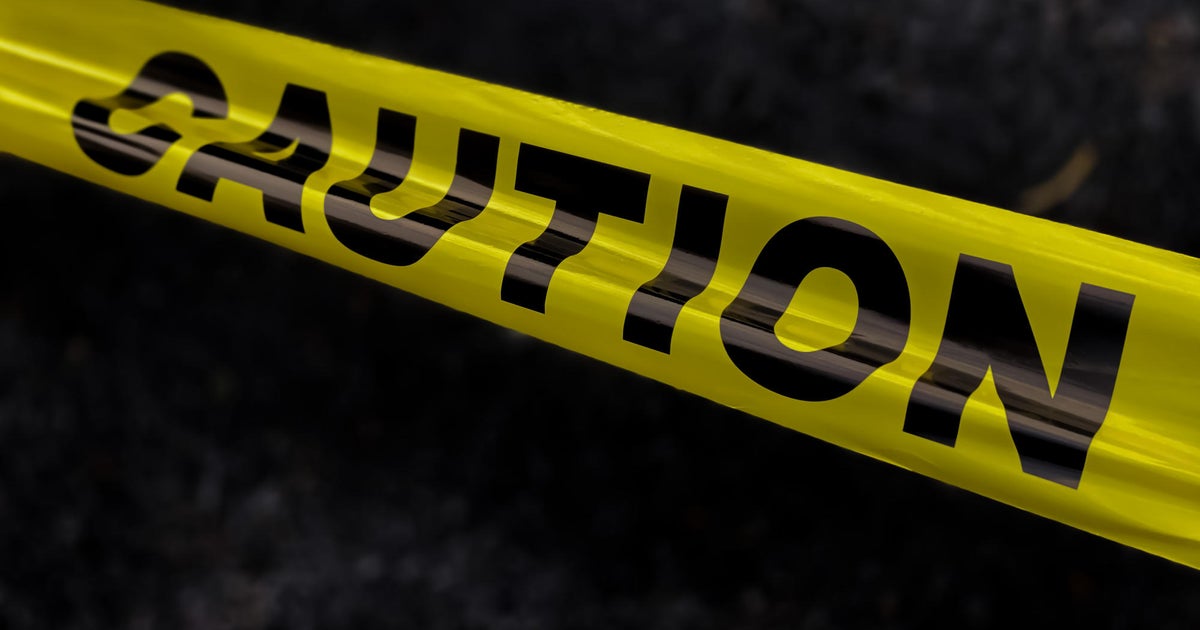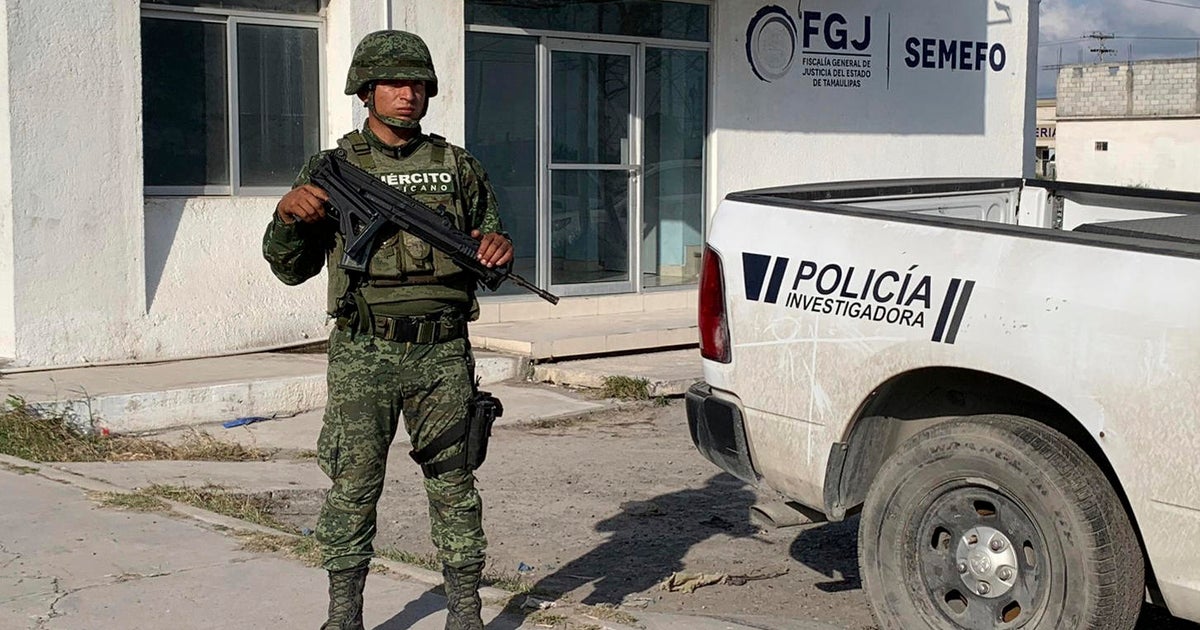U.S. Green Beret killed in Afghanistan as Taliban bombs leave dozens more dead
Kabul — Two suicide bombings killed almost 50 people in Afghanistan on Tuesday. The attacks came hours after yet another U.S. service member was killed in action in the country — the first since President Trump canceled peace talks with the Taliban last week.
CBS News correspondent Charlie D'Agata reports from Kabul that the attacks are a tragic, every day reality in Afghanistan. But the two bombings early on Tuesday were significant for where they happened.
The first one, in Parwan province north of the capital, saw a suicide bomber on a motorcycle drive up to a large crowd near an election rally held by President Ashraf Ghani and blow himself up.
At least 26 people, including four members of Afghanistan's security forces, were killed and 42 others wounded, according to the Interior Ministry. Women and children were among the victims. Ghani's spokesman told CBS News the president and his entourage were unharmed, and the rally went on after the attack.
The second bomb blast was in Kabul, only about 200 yards from the heavily fortified U.S. Embassy at a congested intersection near U.S. and NATO compounds. The interior ministry said 22 people were killed in that attack, and at least 38 more wounded.
D'Agata said he and his team pass through the junction all the time.
U.S. officials confirm, meanwhile, that a Green Beret was killed in action on Monday. That brings the U.S. military's combat death toll in Afghanistan to 17 for this year — already the highest since 2014.
The U.S. Department of Defense identified the slain soldier later on Tuesday as Sgt. 1st Class Jeremy W. Griffin, 40, from Greenbrier, Tennessee.
The Pentagon said he was killed by small arms fire when his unit was engaged in combat operations in Wardak Province, but did not give any further details about the incident.
The Taliban claimed responsibility for Tuesday's bombings; making good on a threat levelled right after President Trump called off the peace talks to go on the attack.
In the two weeks or so that D'Agata and his crew have been in Afghanistan, he said they've seen a significant increase in fighting, from both sides.




